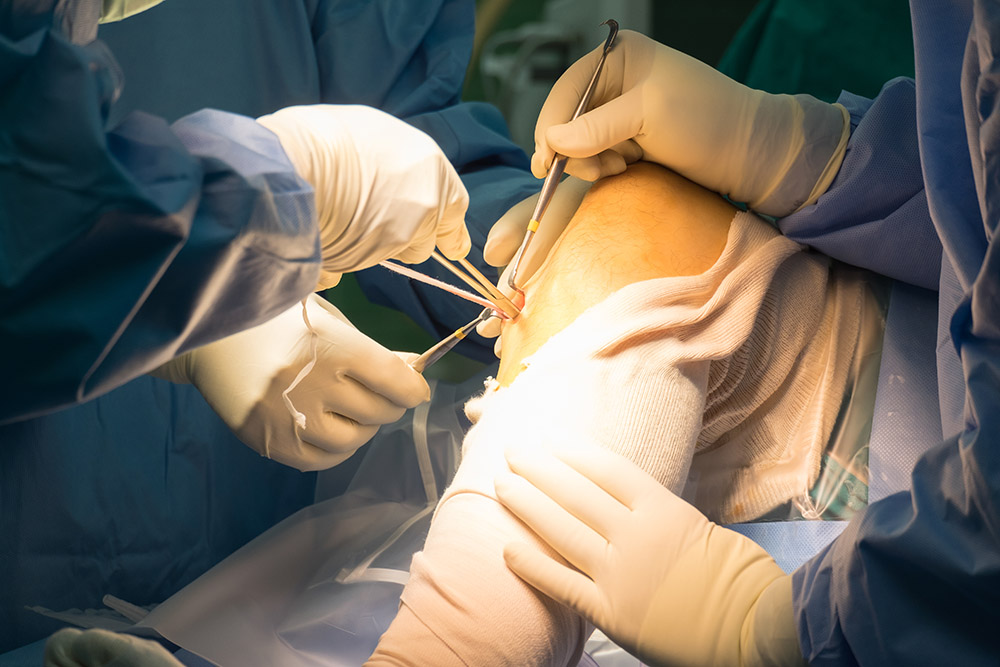The VNUS Closure ™ procedure is a minimally invasive treatment alternative with less pain and less bruising when compared to traditional vein stripping surgery and laser treatment. Using the Closure system, physicians close the diseased veins by inserting the Closure catheter into a vein and heating the vein wall using temperature-controlled RF energy. Heating the vein wall causes the collagen in the wall to shrink and the vein to close. After the vein is sealed shut, blood then naturally reroutes to healthy veins.
The Closure procedure provides the following benefits for patients and physicians:
- Minimally Invasive Outpatient Procedure. Closure catheters are inserted into the vein via a tiny incision in the lower leg, eliminating the need for groin surgery and general anesthesia. The Closure procedure can be performed using local anesthesia in a physician’s office.
- Clinically Proven Less Post-Operative Pain. The Closure procedure does not involve pulling the diseased vein from the thigh as with vein stripping surgery, or using 700° C laser energy which boils blood to occlude a vein as with endovenous laser (EVL). In the RECOVERY Trial, a multi-center head-to-head comparative randomized trial comparing the Closure procedure with EVL, the Closure procedure was found to have less patient pain and less patient bruising than EVL for the best patient recovery experience available from a minimally invasive vein treatment. Additionally, in other randomized comparative studies have shown that patients receiving the Closure procedure return to normal activity and work significantly faster than those receiving vein stripping.
- Excellent Clinical Outcomes. The ClosureFAST catheter, which represents the latest advancement in the Closure procedure, has been shown in a multi-center study to have a 97.4 efficacy rate at one-year. This shows that the treatment is highly effective and, as proven in the RECOVERY trial, is gentle on the patient.
- Cosmetically Appealing. Because treatment with Closure is minimally invasive and is catheter-based, it results in little to no scarring.

